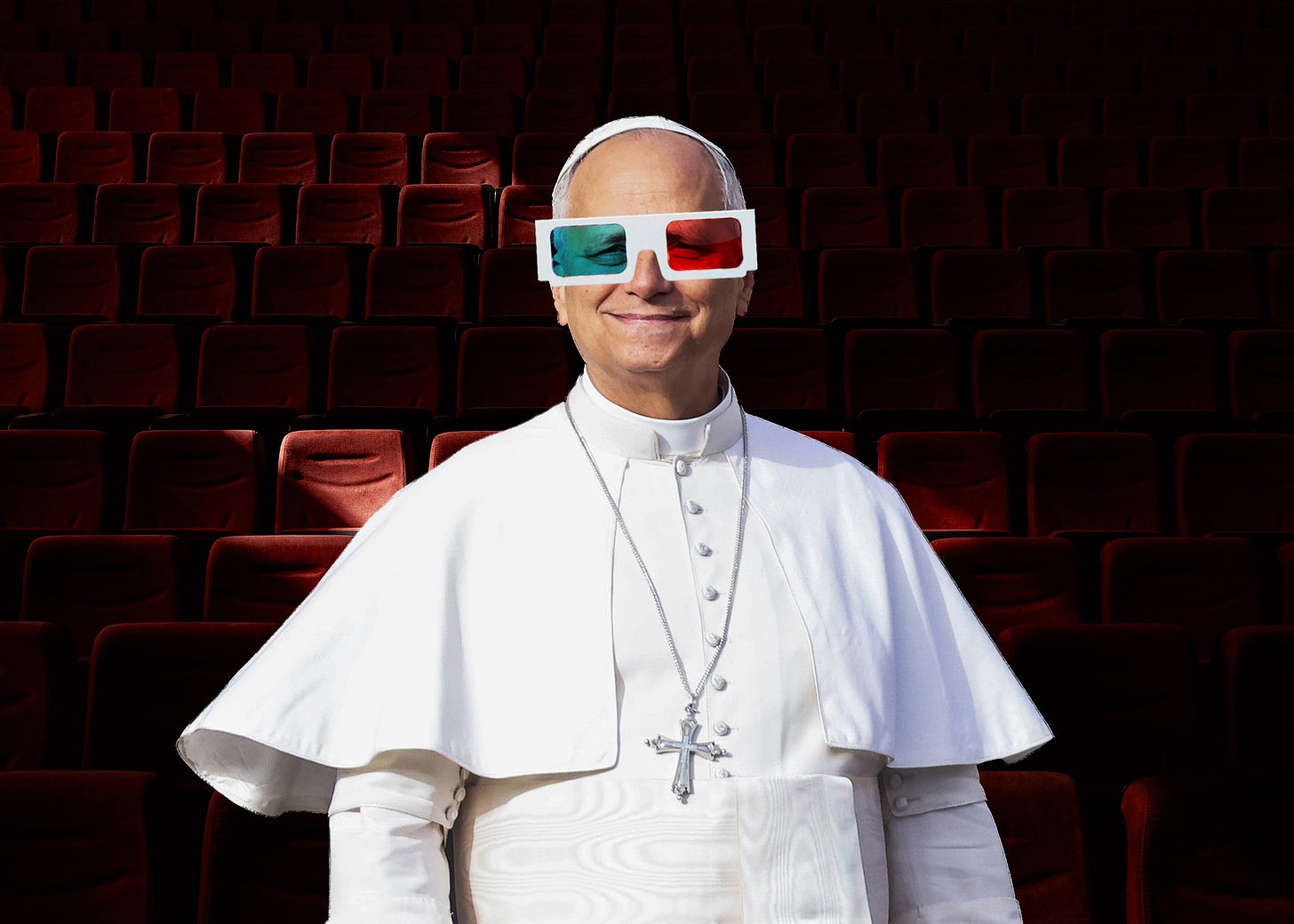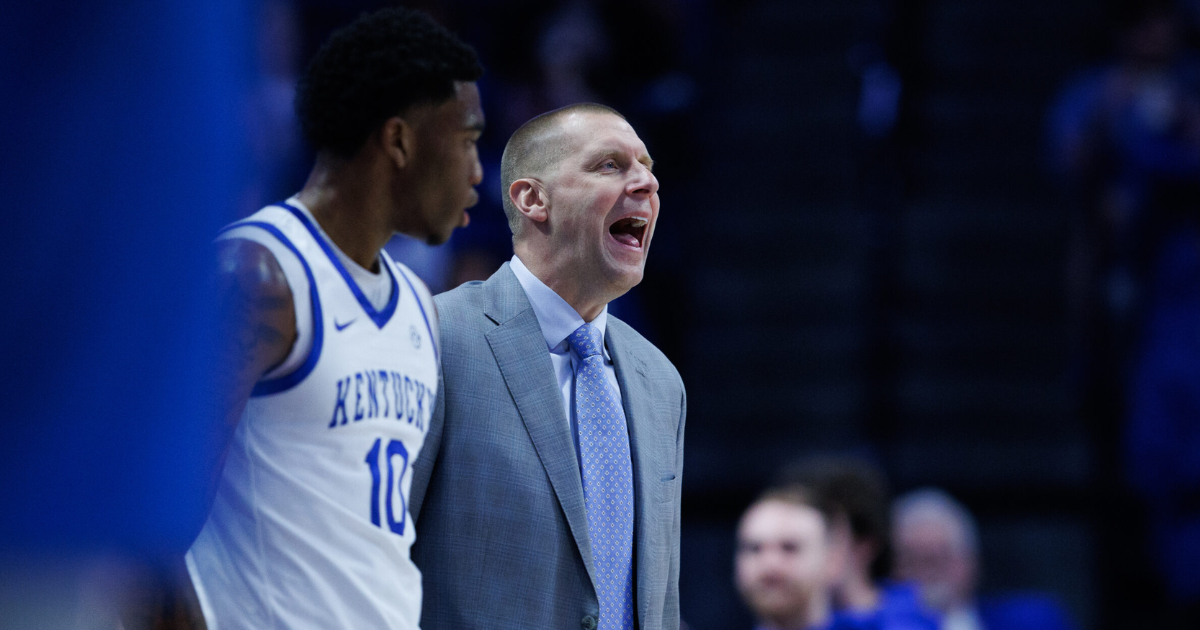THERE’S BEEN A LOT OF CHATTER in recent days about the collapse of certain elements of the theatrical landscape, particularly as it relates to the box office of dramas and comedies. Brooks Barnes highlighted a few days ago what a dreadful season it has been at the box office: “Not one of the 25 dramas and comedies that movie companies released in North American theaters over the past three months has become a hit.”
It’s true that (to pick on just three of those twenty-five movies) After the Hunt, Christy, and Good Fortune all featured well-known stars; all touched on different genres; and all bombed. The reasons for these failures are myriad, and my goal here is not to litigate why this has happened or state precisely how many days should elapse between a film’s debut in theaters and its first appearance on digital rental shelves. My goal, instead, is to lament the public’s response. Because that response has been a collective shrug.
The most common reaction to the disappointment of these films in the theatrical context is to say: Well, of course they’re failing. I have a TV at home that’s very big and very nice. My soundbar is just as good as the theater’s Dolby setup. It’s not worth seeing films in a theater. You know how much it costs to get a sitter? Plus, look at these movies. There are no dinosaurs. There is no CGI. There are no aliens and shootouts and explosions. It’s just people . . . talking. No thanks. I’ll just watch these movies at home.
I cannot emphasize how badly this misses the point of the theatrical experience. Yes, there’s CGI and aliens and dinosaurs (oh my). And let’s not forget the sacrament of popcorn and Jujyfruits. But there’s an internal element too, an inner peace that comes from entering the sanctum sanctorum of those movie palaces with the wall-sized screens. Don’t take it from me. Take it from a higher authority: his holiness, Pope Leo XIV.
“Entering a cinema is like crossing a threshold. In the darkness and silence, vision becomes sharper, the heart opens up, and the mind becomes receptive to things not yet imagined,” the Pope told a collection of cinematic luminaries including Spike Lee, Judd Apatow, and Darren Aronofsky this past weekend. “We live in an age where digital screens are always on. There is a constant flow of information. However, cinema is much more than just a screen; it is an intersection of desires, memories, and questions. It is a sensory journey in which light pierces the darkness and words meet silence.”
We joke in the office sometimes about Pope Leo being the Bulwark Pope, since his clearly evident concerns about the directions or our politics and society in so many ways mirror our own. But his take on movies specifically is so close to my own thinking on the subject I practically bowed my head toward the screen in reverent acknowledgment. The reason we go to the movies—the reason we GO to the movies, the reason we ensconce ourselves in darkness and isolate ourselves with an instant community of fellow travelers—is to exit the world we live in for some brief, discrete period of time and enter another world entirely. We go to the movies not simply to see a film but to give ourselves permission to unplug from our surroundings and focus in.
And I’m sorry, this is something we simply cannot do at home. We cannot do it if we’re watching Netflix on a laptop, notifications from other sites and apps intruding every three minutes. It’s something we cannot even really do if we pop in a nice new 4K on our internet-free TV, because we’re at home and our phone is right there, lighting up, begging for our attention. The kids may be sleeping. But they may get up, needing water, or another book, or a tuck under the sheets The dog needs to go out. We get hungry and hit pause. We get sleepy and wonder if we should pick it up later. Our own existence proceeds apace.
At the start of Life Itself, the documentary film about Roger Ebert based on his memoir of the same name, the critic makes a key point about life and the movies. We are who we are, he says. We’re born inside a body and most of us live in a certain place and die not far from that place. But the purpose of art and civilization is to help us grow a little, to increase our ability to empathize with people outside of ourselves, to develop an understanding of the theory of mind even if we don’t know quite that term. It helps us escape that certain place where we will live and near where we will likely die.
“For me, the movies are like a machine that generates empathy,” Ebert wrote. “It lets you understand a little bit more about different hopes, aspirations, dreams, and fears. It helps us to identify with the people who are sharing this journey with us.”
The movie theater is key to creating that understanding because it separates you from your devices, it removes you from the worries of the outside world. In that way, it is like a church—a sanctuary of sorts—one where we go to hear someone else show us what life entails. And like his fellow Chicagoan, Pope Leo understands that movies are empathy machines.
“Good cinema and those who create and star in it have the power to recover the authenticity of imagery in order to safeguard and promote human dignity. Do not be afraid to confront the world’s wounds. Violence, poverty, exile, loneliness, addiction, and forgotten wars are issues that need to be acknowledged and narrated. Good cinema does not exploit pain; it recognizes and explores it,” he preached to the gathered. “Without being didactic, authentically artistic forms of cinema possess the capacity to educate the audience’s gaze.”
FULL DISCLOSURE: I am not a man of faith myself, though I have nothing but respect for the believers out there. Faith is something I wish I had; it feels as though I’m missing something, there’s an emptiness. I’m reminded of Matthew McConaughey’s Palmer Joss in Contact as he weighs who to support for a mission to meet alien life. He couldn’t back atheist Ellie Arroway (Jodie Foster), he tells her, because it would mean “someone who honestly thinks the other 95 percent of us suffer from some form of mass delusion.”
At the risk of twisting His Holiness’s point, or maybe even blaspheming, I have to confess I rarely feel that emptiness more deeply than when watching a good, religiously minded horror film, one in which the comforting power of faith aids a hero in his journey. In part this is because such films have to treat religion as real; the danger of sin and the hope of redemptive faith are key to their very essence, even as they are utterly foreign to me. So, with that in mind, here are my top five Catholic horror movies:
-
The Exorcist, obviously.
-
Though I may actually prefer William Peter Blatty’s The Exorcist III.
-
Mike Flanagan’s Midnight Mass (a miniseries rather than a movie, but we can count it) is the best Stephen King adaptation that Stephen King had nothing to do with.
-
The religiously minded may be offended by my inclusion of The Devils’ Advocate here, but I do think there’s something true to its portrayal of temptation and the rejection of temptation.
-
And, of course, on this subject: Martin Scorsese’s The Last Temptation of Christ. Not a horror movie, precisely, but one that asks a terrifying question that most of us would fail: Would we give ourselves, sacrificing a future and a family and our body, in order to save the world?
Source link


